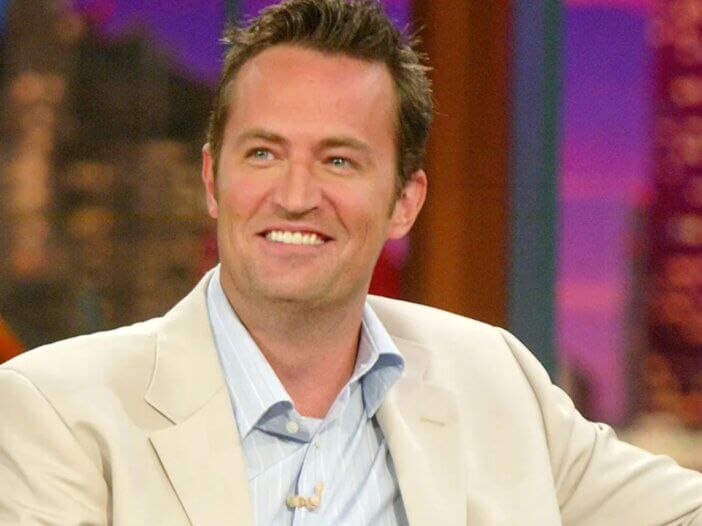
He was worth $120 million, yet his probate estate only had $1.6 million. How? Because most of his wealth was protected in a trust, keeping it private and out of court. But even with solid planning, a few small missteps forced some assets into probate, making them public.
So, did he do the right thing? Let’s break down what he did right, where mistakes were made, and what you can learn from it.
Keep reading to find out!
What He Did Right:
- He Had a Trust – Most of his assets were likely in a trust, keeping them private and out of probate. This is why we don’t know where the majority of his $120M estate went.
- He Used a Pour-Over Will – This directs any assets left outside the trust into it, ensuring everything follows his intended plan.
- He Used a Blind Trust for Privacy – His real estate purchases were shielded from public records by using a blind trust, which kept his homeownership anonymous.
- He Set Up Asset Protection with an LLC – One of his homes was owned by an LLC, which protected him from lawsuits if a tenant or guest had an accident on the property.
- He Had a Charitable Estate Plan – By using a charitable remainder trust and donor-advised funds, he reduced estate taxes while supporting causes he cared about.
Where He (or His Team) Made Mistakes:
- Some Assets Were Left Out of the Trust – He had $1.6M in bank accounts that were not titled in the trust, forcing them into probate. This was avoidable and likely just an oversight.
- His Executors Were Publicly Known – He named his business manager, Lisa Ferguson, as an executor. Since she was publicly tied to him, it revealed connections to his estate, reducing his privacy.
- Probate Could Have Been Avoided Entirely – His attorneys could have filed a Heggstad Petition to move the bank accounts into the trust without probate, but for some reason, they didn’t.
Final Verdict: 80% Right, 20% Could Have Been Better
Matthew Perry did much better than most people when it comes to estate planning. He took key steps to protect his privacy, avoid probate, and minimize estate taxes. However, a few small missteps meant that some of his estate still ended up in probate and made headlines.
Lesson for You?
Even small oversights (like forgetting to title a bank account in a trust) can lead to costly, public probate proceedings. The best estate plan isn’t just created—it’s maintained and reviewed regularly to catch these mistakes.
Want to make sure your estate plan is airtight? Let’s talk.
